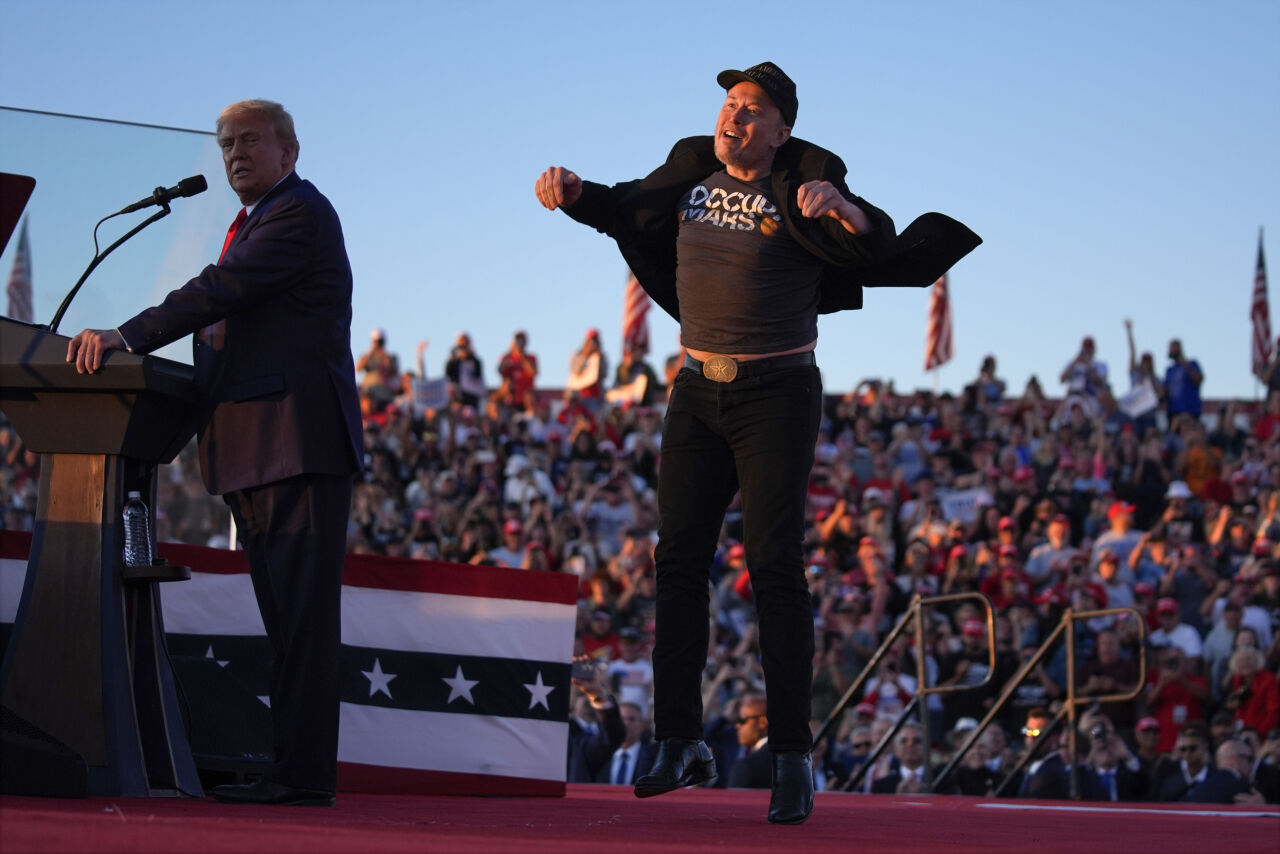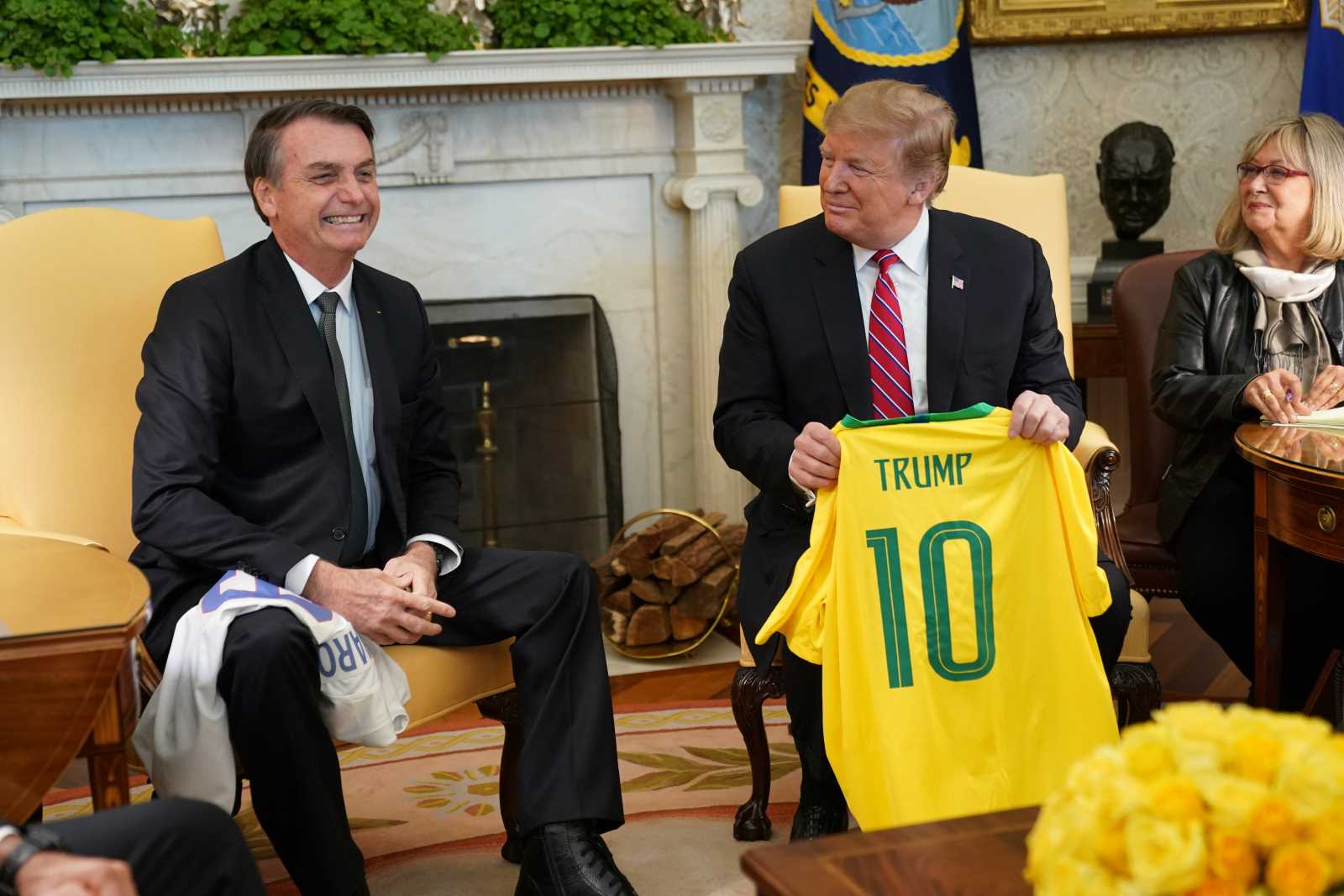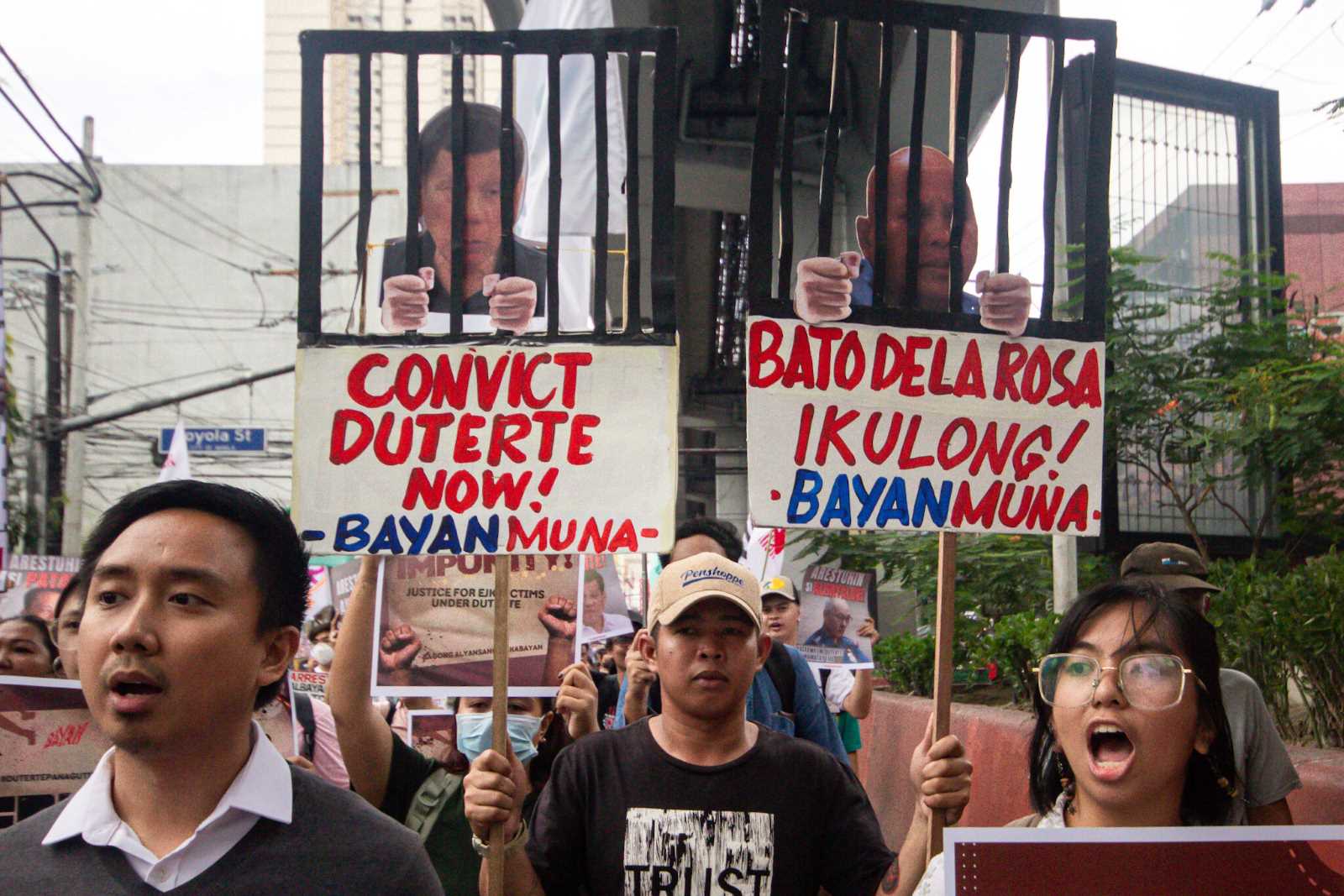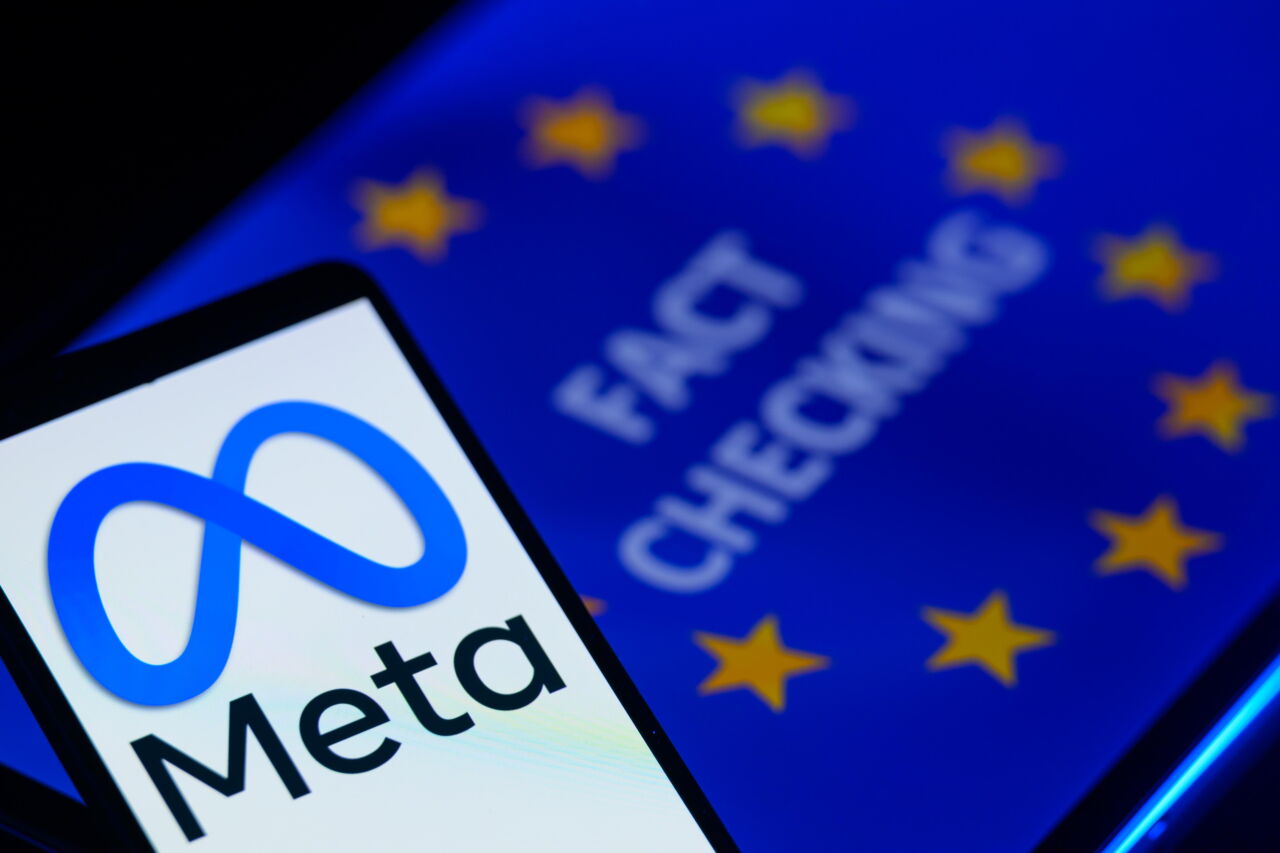Rule of law
Musk versus Moraes
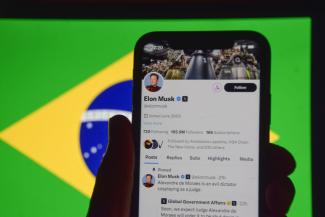
Since its acquisition in 2022 by Elon Musk, the platform X has faced criticism over controversial content, mostly of political nature. Musk claims that his platform is neutral, but it made no effort to disguise its support for Donald Trump. Indeed, Trump’s profile was quickly unblocked after Musk bought the platform. Twitter had suspended it after the insurrection during the storming of the US Capitol in Washington on 6 January 2021. Like Trump’s, other profiles of persons involved in the insurrection were also unblocked under Musk’s ownership.
Although less than a third of the posts are political, X’s algorithm frequently promotes political content, causing it to represent almost half of the total in the feeds. New X users interested in topics such as crafts, sports and cooking are being bombarded with political content. Overall, X has clearly become more politicised under Musk.
Promoting messages on X has a financial price. Given what it costs, David Corn, who works for the San-Francisco based magazine Mother Jones, has estimated that the support Trump received from Musk’s personal X profile alone was probably worth around $ 100 million in the course of the campaign – and quite possibly twice as much.
Brazil’s far-right has also used X extensively. After Jair Bolsonaro, the former president, lost the elections of October 2022, his supporters launched their own version of what happened in Washington on 6 January 2021 almost exactly two years later on 8 January 2023. Their coup attempt failed. However, X was instrumental in mobilising for it. As a matter of fact, Brazil’s right-wing strategists have been relying heavily on online platforms for many years.
Freedom of speech
Spreading disinformation and hate rhetoric anonymously is legal in the States, but not in Brazil. In the States, the constitutional right to freedom of speech is broader than it is in Brazil. Brazilians are of course free to express their views without restriction, but the law prohibits anonymity in posts made online. These rules ensure that anyone who abuses the freedom of speech for destructive and criminal purposes can be held accountable.
Brazilians care about fundamental rights very much. The country was under military rule for 21 years. The dictatorship lasted until 1985. During Bolsonaro’s first term, it became increasingly obvious that he adored the dictatorship and was himself a threat to democracy. That was one reason why he lost in 2022.
After the insurrection in Brasília, the Supreme Court acted fast and determinedly to protect the Constitution, with Justice Alexandre de Moraes playing a leading role. Such action was necessary after Bolsonaro had coopted many other state institutions during his presidency. Unlike its US counterpart, Brazil’s legal system dealt with the failed coup fast and prevented the right-wing populist from running again for 20 years.
Blocking X
In the same spirit, the Supreme Court has insisted that Musk’s X must respect Brazil’s laws. However, the plutocrat from the USA lifted Twitter’s bans of restrictions regarding posts’ content. As in the USA, moreover, he maintained or reactivated profiles that Brazilian courts had ordered to be closed down.
Musk responded in X posts that accused judges of “censorship” and claimed they were “violating Brazilian law”. He declared he would disregard Brazilian court decisions.
In early April 2024, Moraes ordered an investigation into Musk for obstruction of justice, incitement of crime and abuse of economic power. In addition, he imposed a fine of R$ 100,000 (the equivalent of about $ 17,000) for every single reactivated profile. Later, he also ordered the arrest of X’s representatives in the country unless the platform complied with the judges’ decisions.
In August, X announced the closure of its office in Brazil. Ten days later the Supreme Court ordered Musk to appoint a new legal representative within 24 hours. That did not happen. Musk thus risked the suspension of X. He said that was a difficult decision but stated: “If we had agreed to Alexandre de Moraes’ secret (illegal) censorship and demands to hand over private information, there would have been no way for us to explain our actions without embarrassment.”
On 30 August, the Supreme Court ordered X to be blocked entirely in Brazil. Moraes issued instructions to Apple, Google and providers on how to proceed to prevent access to the platform within the country. Individuals and firms that used VPNs or other technologies to access X would be fined R$ 50,000 daily. The justice justified these with X’s failure to comply with Brazil’s laws and Supreme Court orders.
Nonetheless, Brazil’s Federal Police reported that X allowed at least six profiles which the judiciary wanted blocked to broadcast live to Brazilian viewers. Users could still access the platform because the blocking of X had some technical snags. On 9 September, Moraes ordered the Federal Police to demand explanations from X and imposed additional fines worth R$ 10 million (about $ 1.7 million).
To the multibillionaire, of course, that is not much money. Nonetheless, X failed to pay. Next, Moraes ordered the blocking of funds from X’s accounts in Brazil as well as from Starlink, the internet provider which also belongs to Musk. Right-wing activists staged protests in Musk’s favour.
Musk backs down
X remained blocked for 39 days in Brazil. On 20 September, the platform again appointed a legal representative in Brazil: Rachel de Oliveira Villa Nova Conceição, a lawyer. It also blocked profiles that had been judged by the Supreme Court to spread fake news, to incite violence or to fan hatred. However, Moraes made the unblocking of X conditional on the payment of all fines by the platform, which by then totalled R$ 18.3 million. The platform was only unblocked after X had complied with all court decisions.
Several factors may have motivated Musk to back down. They include pressure from investors, the exhaustion of legal resources and international criticism. Internationally, Brazil has the sixth largest number of profiles on X, according to estimates from research firm DataReportal. In January 2024, Brazilian users of the platform totalled 22.1 million, representing six percent of its accounts globally. In addition to considerable financial losses from advertising, the suspension of X would have led to a competitive disadvantage, since rival platforms would have been able to increase their share of the Brazilian market.
International implication
Nation states have the option to switch off a specific platform if it is offensive. That will always look like censorship. However, they must make sure their rules are observed. The dominant internet corporations use global business models and do not really worry about how small markets are regulated. On the other hand, they do respond to legal action in important markets, such as Brazil for example. In many countries, however, the lies and hate speech that Musk permits on his platform spread without much constraint.
The EU passed its Digital Services Act in 2023. It is intended to put a check on internet platforms that have so many users that they have gained monopolistic or oligopolistic power. Unfortunately, it is not obvious that EU institutions are willing to enforce the rules if that means standing up to someone like Musk.
In August, Thierry Breton resigned in anger from his role as the EU’s commissioner for the internal market after being criticised for reminding Musk publicly that EU rules exist to be enforced. Breton had warned Musk that these rules do not allow him to spread lies before the billionaire interviewed Donald Trump on his digital platform. If government authorities show no determination to enforce a law, that law will fast become toothless.
Will the EU use the Digital Services Act to put a check on dangerous right-wing propaganda? Observers in other world regions certainly hope that it will set the right example.
André de Mello e Souza is an economist at Ipea (Instituto de Pesquisa Econômica Aplicada), a federal think tank in Brazil.
X: https://x.com/A_MelloeSouza

